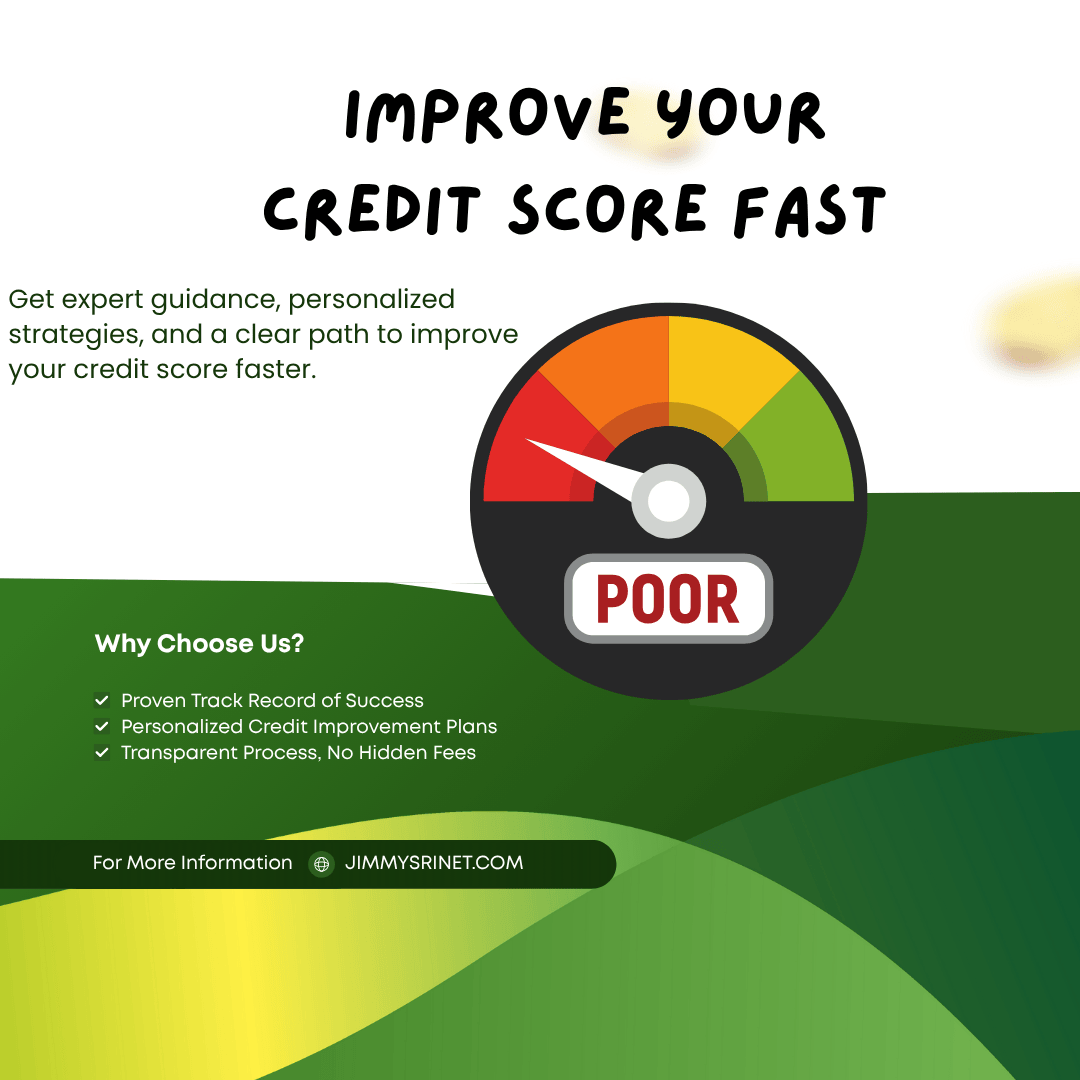This article is based on 10 Proven Ways to Improve Your Credit Score Fast in 2025.
Your credit score is a crucial financial indicator that can affect your ability to secure loans, and credit cards, and even impact the interest rates you receive.
A higher credit score not only opens doors to better financial opportunities but also signifies responsible financial management.
If you are looking to boost your credit score, this article will outline ten effective methods to help you achieve that goal.
1. Effective Methods to Improve Your Credit Score: Check Your Credit Report Regularly
The first step to improving your credit score is to understand where you currently stand.
You’re entitled to one free credit report from each of the three major credit bureaus—Experian, Equifax, and TransUnion—every year.
Review your credit reports for errors, discrepancies, or fraudulent activity.
Dispute any inaccuracies you find to ensure your credit report is as accurate as possible.
2. Effective Methods to Improve Your Credit Score: Pay Your Bills on Time
Payment history is a significant factor in your credit score. Consistently paying your bills on time is one of the most effective ways to boost your credit score.
Set up reminders or automatic payments to ensure you never miss a due date.
Late payments can stay on your credit report for up to seven years, negatively impacting your score.
3. Effective Methods to Improve Your Credit Score: Reduce Credit Card Balances
Your credit utilization ratio, which measures the amount of available credit you’re using, plays a significant role in your credit score.
Aim to keep your credit card balances below 30% of your credit limit. Paying down credit card debt can have a quick and positive impact on your credit score.
4. Effective Methods to Improve Your Credit Score: Don’t Close Old Credit Accounts
The length of your credit history also affects your credit score. Closing old credit accounts can shorten your credit history and potentially lower your score. Instead, keep your old accounts open, even if you don’t use them regularly.
This demonstrates a longer and more stable credit history, which can be beneficial.
5. Effective Methods to Improve Your Credit Score: Avoid Opening Too Many New Credit Accounts
Each time you apply for a new credit card or loan, a hard inquiry is made on your credit report.
Multiple hard inquiries in a short period can lower your credit score. Be selective when applying for new credit and only open accounts when necessary.
6. Diversify Your Credit Mix
Having a diverse mix of credit types, such as credit cards, installment loans, and mortgages, can positively impact your credit score.
If you can manage different types of credit responsibly, it demonstrates your ability to handle various financial obligations.
7. Become an Authorized User
If you have a family member or friend with a strong credit history and responsible credit card usage, ask them to add you as an authorized user on their account.
This can potentially boost your credit score by associating you with their positive credit history.
8. Pay Off Collections and Settle Past-Due Debts
Collections accounts and past-due debts can severely damage your credit score. Work on paying off or settling these accounts to improve your credit.
While the collection will still be listed on your report, it will show as “paid” or “settled,” which is more favorable than an outstanding debt.
9. Establish a Solid Payment History
If you have limited credit history or no credit at all, consider taking out a secured credit card or a credit-builder loan.
These financial products are designed to help individuals establish or rebuild credit. Make regular, on-time payments to create a positive payment history.
10. Be Patient and Responsible
Improving your credit score takes time, and there are no quick fixes. It requires consistent, responsible financial behavior.
Continue to pay your bills on time, reduce debt, and manage your credit responsibly to see gradual improvements in your credit score over time.
Conclusion
Your credit score is a vital financial tool that can influence many aspects of your financial life.
By following these ten effective methods to improve your credit score, you can take control of your financial future.
Remember that it’s essential to be patient and stay committed to responsible financial habits. Over time, your efforts will pay off with a higher credit score and improved financial opportunities.







